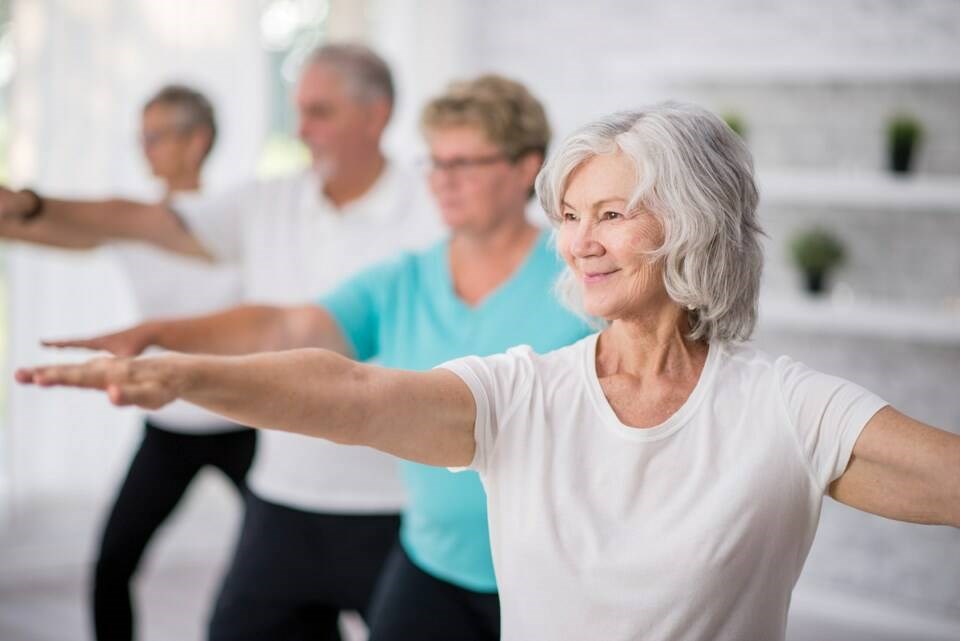As I was putting away my summer clothes, I was thinking about what else needed to be done to prepare for winter.
As a senior, I know thoughtful preparations for winter can keep older people from feeling isolated, lonely, and despondent on cold, rainy, or snowy days. When they’re well prepared, seniors can be less susceptible to viruses and ready for any winter emergencies that might crop up.
Research has shown that in winter some seniors are at an increased risk of depression, social isolation, and other health related issues. Unfortunately, these factors can adversely affect a senior’s well-being and independence.
In the winter, older people are at an increased risk of catching viruses, including the flu and the new COVID-19 variant. During the winter, older adults, especially those with some immune compromised conditions, are at risk of complications from these viruses, such as colds, flus, and pneumonia. In fact, older adults have a far higher risk of contracting infections than younger people.
In order to combat these risks, older people need to get vaccines for both flu and COVID. These will not only keep us safer, but will also protect our family, friends, and neighbours because we have protected ourselves from a virus or cold and thus are less likely to pass it on to others.
Seniors want to maintain their well-being, but during the winter, they may become socially isolated. Research has shown that social isolation is one of the highest risk factors for older people. Studies have shown that loneliness and social isolation are associated with higher risks for health problems such as heart disease, depression, and cognitive decline.
To prevent social isolation, you could try new activities, bond with others, connect with the community, and maintain your health and well-being through healthy activities such as exercise and eating a good diet.
To connect to the community, able-bodied seniors could go to their favourite seniors, recreation, and community centres for activities or to socialize with their peers. Less able-bodied seniors could keep in touch with friends and family by phone, sign up for a friendly phoning program run out of seniors centres, or sign up with an organization that provides pickup and delivery to their programs.
Keeping up your exercise can be difficult during the winter months. A recent article produced by McMaster University’s Optimal Aging Portal suggests dancing at a centre or even at home – simply put on a record and boogie away for exercise and fun. Or, the article suggests, start an indoor houseplant garden.
“Caring for plants can be both therapeutic and physically beneficial,” the article states. Other suggestions include going for walks or trying out a neighbourhood gym.
Over the last few years, winter emergencies such as fires, floods, and snowstorms seem to have increased. Unfortunately, these events can further isolate older people. However, there is much that a senior can do to prepare for emergencies. For example, you can prepare disaster kits and make evacuation plans. The province’s website on emergency preparedness suggests a “grab and go” kit, which is a bit smaller than a stay-at-home emergency kit but easy to take if you must leave your home quickly.
Though winter can be a daunting prospect, we can avoid risks by being prepared.
Margaret Coates is the co-ordinator of Lionsview Seniors’ Planning Society. She has lived on the North Shore for 53 years and has worked for and with seniors for 28 of those years. Ideas for future columns are welcome – email [email protected].



